

“The 1 percent we spend on aid for the poorest not only saves millions of lives, it has an enormous impact on developing economies—which means it has an impact on our economy.”
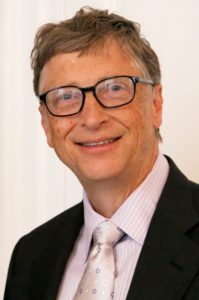
Bill & Melinda Gates Foundation
"From an economic perspective, what happens in one country has a ripple effect throughout the world."
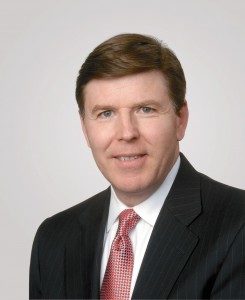
President & CEO of Land O’Lakes, Inc. and USGLC Board Member
"When you have an entire generation of people being wiped out and the free world turns its back, it provides a convenient opportunity for people to spread extremism. It's in our national security interests as well as in our moral interest to continue funding this program [PEPFAR].”
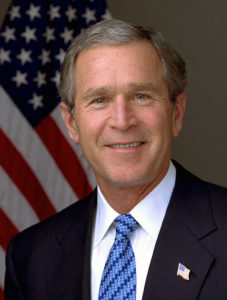
President of the United States (2001 - 2009)
"Development isn’t charity. It’s one of the smartest investments we can make in our shared future — in our security and our prosperity.”
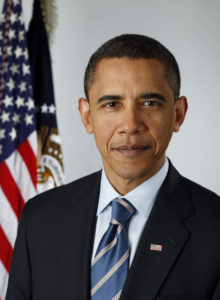
President of the United States (2009 - 2017)
“The ultimate importance to the United States of our security and development assistance programs cannot be exaggerated.”
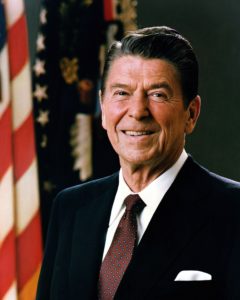
President of the United States (1981 - 1989)
“The notion that threats to American national-security interests don’t merit a robust foreign-aid program is preposterous. The spread of infectious diseases, such as Ebola and Zika; the threat of radical Islamist terrorist movements across North Africa, which are destabilizing to our friends and allies; the mass-migration crisis that is changing the face of American and European politics … are all direct threats to the national-security interests of the United States.”
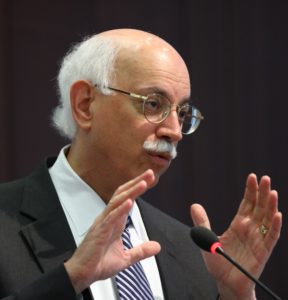
USAID Administrator (2001-2006)
“America’s role in the world should reflect the hope and promise of our country, and possibilities for all mankind, tempered with a wisdom that has been the hallmark of our national character. That means pursuing a principled and engaged realism that employs diplomatic, economic, and security tools as well as our values to advance our security and our prosperity.”
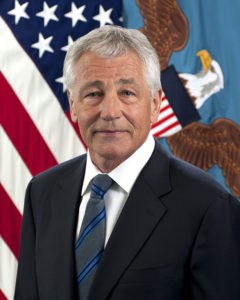
Secretary of Defense (2013-2015)
“Strong national security is dependent on having a strong diplomatic arm, a strong development arm, a strong intelligence arm, a strong capability to try to have strong economies in the world. I mean, all of this is related to our national security.”
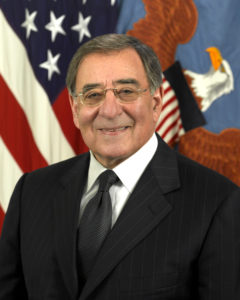
Secretary of Defense (2011-2013)
“I never miss an opportunity to call for more funding for and emphasis on diplomacy and development….Whatever we do should reinforce the State Department’s lead role in crafting and conducting U.S. foreign policy, to include foreign assistance, of which building security capacity is a key part.”
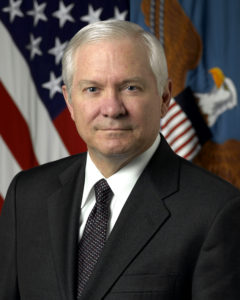
Secretary of Defense (2006 – 2011)
“We live in a dangerous world and a world of opportunity. Increasing our diplomatic and development resources is absolutely critical and money well spent to deal with the dangers and seize the opportunities.”
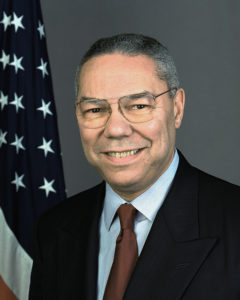
Secretary of State (2001-2005)
“For the United States, supporting international development is more than just an expression of our compassion. It is a vital investment in the free, prosperous, and peaceful international order that fundamentally serves our national interest.”
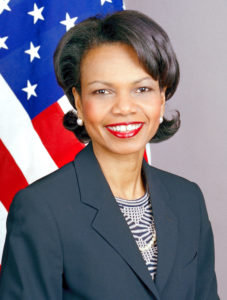
Secretary of State (2005-2009)
“Severe economic conditions—combined with other social and political factors—can also push governments to the edge and, in worst cases, spark civil unrest. Poverty and conflict all too often force people to leave countries they love in search of a better life for themselves and their children. So, trade policies coupled with foreign aid and sound development policy is critical.”
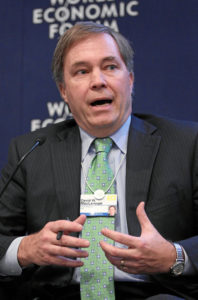
CEO, Cargill
“For both parties, turning away from trade is not just a threat to our economy and millions of Americans’ livelihoods. It’s a threat to our national security as well… If we fail to lead, we will cede influence to others.”
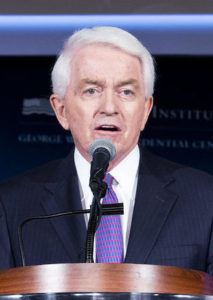
President and CEO, U.S. Chamber of Commerce
"As a business person, I understand the value of getting a good return on your dollar. And that's what we get when we fund our diplomatic efforts and international programs."
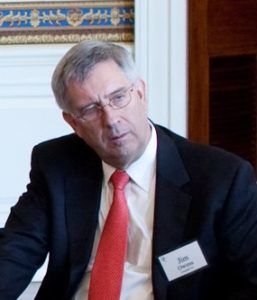
Former Chairman and CEO, Caterpillar
“Most of us who wore the uniform understand there’s probably a need to enhance the defense budget – got it. But what we’re concerned about is to take this small, this tiny sliver of the federal budget and put a hacksaw to that, a 30% cut, is both disproportionate and, frankly, extremely dangerous.”
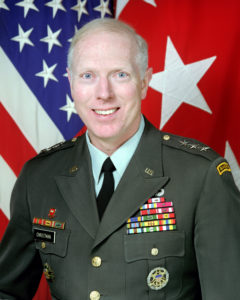
“I’m for increasing the defense budget, but doing it on the back of development and diplomacy is a mistake.”
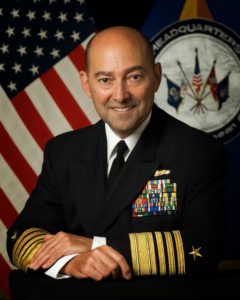
U.S. Navy
“It is critical that we use all of our civilian tools of engagement to keep Americans safe. Through U.S. diplomatic and humanitarian efforts, alongside the military, we not only strengthen vulnerable nations, but bolster our own national security and keep our troops out of harm’s way.”
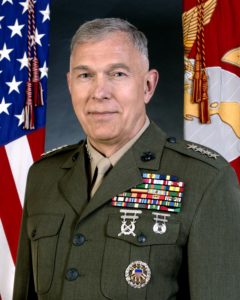
“As the inaugural commander of the U.S. Africa Command, I know firsthand the importance of our nation’s development and diplomacy efforts. They are central in meeting our national security objectives while promoting our values. In addition to preventing conflict and combating terrorism, our non-military investments overseas reduce the probability of having to deploy our service members into combat as a last resort in establishing peace and security.”
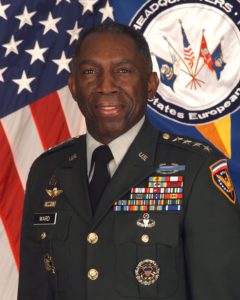
U.S. Army
“If you don’t fund the State Department fully, then I need to buy more ammunition.”
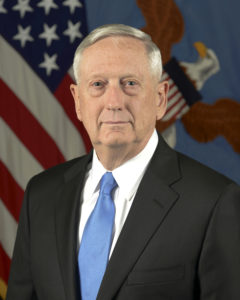
Secretary of Defense
“The important lessons we learned in our military careers is that countering the threats to our nation require comprehensive responses that utilize all our elements of national power – military and non-military. An indispensable part of the non-military toolkit is foreign aid – one of the least appreciated and yet vital means for advancing America’s interests around the world.”
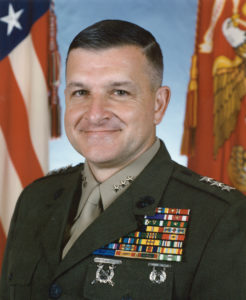
U.S. Marine Corps
“The complexities and dangers of the 21st Century, most of which cannot be resolved solely by military means, present risks to the United States that require adequately funded and properly staffed civilian instruments of diplomacy and international development.”
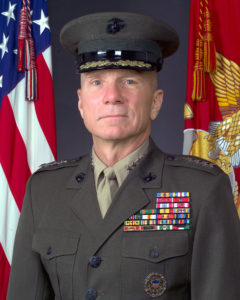
“Military might alone cannot create stability… now is not the time to put the future at greater risk by reducing our diplomatic and development resources.”
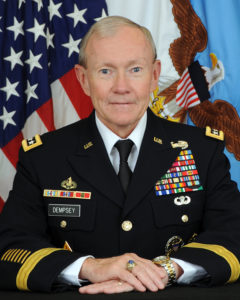
Chairman of the Joint Chiefs of Staff (2011-2015), U.S. Army
“I am concerned that levels of funding for our State Department and USAID partners will not sufficiently enable them to build on the hard-fought security achievements of our men and women in uniform. Inadequate resourcing of our civilian partners could, in fact, jeopardize accomplishment of the overall mission.”

Director of the Central Intelligence Agency (2011 - 2012), U.S. Army
Commander of U.S. Central Command (2008-2010)
“The diplomatic and developmental capabilities of the United States have a direct bearing on our ability to shape threats and reduce the need for military action. It is my firm belief that diplomatic programs as part of a coordinated strategy will save money by reducing the likelihood of active military conflict involving U.S. forces.”
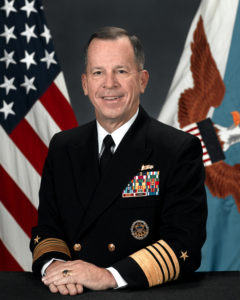
Chairman of the Joint Chiefs of Staff (2007-2011), U.S. Navy
“I for one – just speaking for myself – think the diplomatic portion of the federal budget is very important and you get results a lot cheaper, frequently, than you do on the defense side… I’m not in favor of reducing what we call the 150 account.”
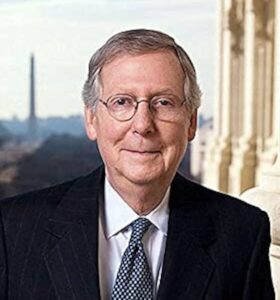
U.S. Senate Republican Leader
“Foreign Aid is not charity. We must make sure it is well spent, but it is less than 1% of budget & critical to our national security.”
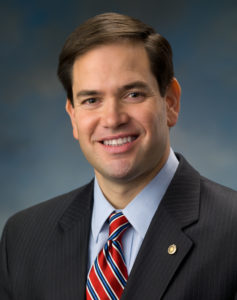
U.S. Senate
"For decades, Republicans and Democrats have agreed on foundational principles of U.S. leadership in the world. We engage with the world. We consistently and reliably support our allies. We lead by example, especially on our core values. We fight for the rule of law, for human rights, and for democratic institutions because doing so makes us safer and more secure.”
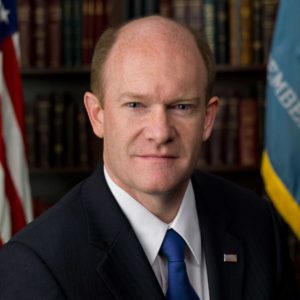
“Foreign assistance is an insurance policy. Investing over there, even though we have needs here, makes us safer.”
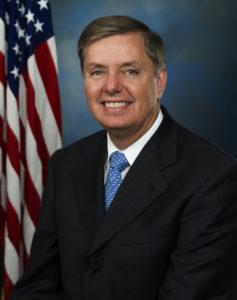
U.S. Senate
“If you want to make sure that good things happen in the United States and we have bright future, we need to make certain that good things happen around the globe. And we are a part of making that happens.”
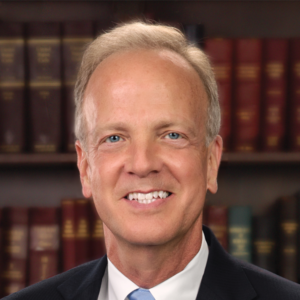
U.S. Senate
“For most of the last century, the United States-led system of open global markets has dramatically increased our prosperity. And it has lifted more than a billion people out of extreme poverty in the past 20 years alone, greatly serving our economic, political and humanitarian interests worldwide, including in Asia.”
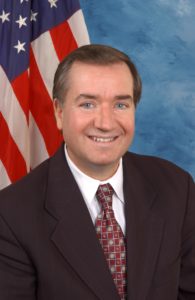
Former Chairman, House Committee on Foreign Affairs
“We should be using existing foreign assistance dollars to advance U.S. economic interests."
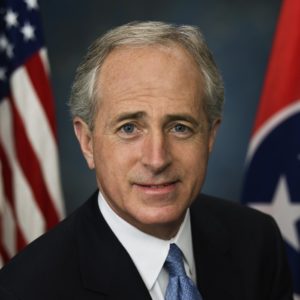
U.S. Senate
“I just want to point out that foreign assistance is just 1% of our budget, but it pays large dividends… We must make these investments not just because it is the right thing to do, but also because it helps contribute to economic growth, and just as importantly, stability.”
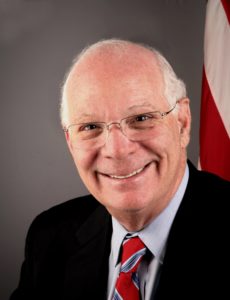
U.S. Senate
“With 90 percent of consumers living outside of the United States, the biggest economic opportunity for our country is to sell those consumers products that the United States of America makes.”
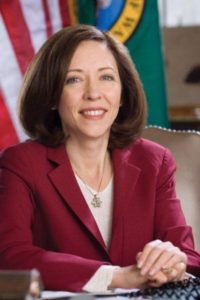
U.S. Senate
“1 out of 5 American jobs – 41 million jobs – are dependent either directly or indirectly on foreign trade. And not having those jobs as easily accessible because we have less and less foreign aid, is something that should be of concern to every business that does business both domestically and overseas.”
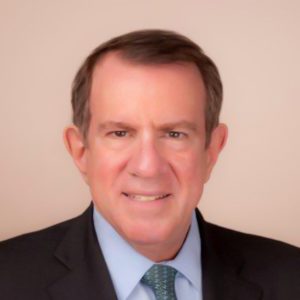
Co-chair, Loews Corporation
“Consider that 11 of America’s top 15 trading partners were once recipients of U.S. foreign assistance. For example, 60 years ago, South Korea was a devastated nation trying to pick up the pieces from a bloody war. The U.S. invested $35 billion over the next several decades. Today South Korea is our sixth largest trading partner, now providing $39 billion in annual trade revenue.The impact of this trade is felt directly on Main Street.”

Co-chair, Loews Corporation
“Today, trade supports more than 40 million jobs in the United States—or more than one in five workers. These are good jobs because export-related jobs pay 15 to 20 percent more on average than non-export related jobs.”

Co-chair, Loews Corporation
“Trade will continue to create more opportunities for U.S. workers. Ninetyfive percent of the world’s consumers live outside the U.S., many in emerging economies in Latin America, Africa and Asia—whose demographics will enable them to grow faster, buy more of what the U.S. makes and, equally important, improve the lives of their people.”

Co-chair, Loews Corporation
“Foreign assistance works for America: Eleven of our top fifteen trading partners were once recipients of U.S. assistance, from Brazil to South Korea.”
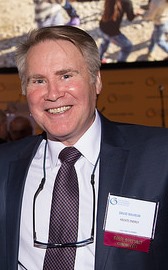
Partner, Hecate Energy
“Ninety-five percent of today’s consumers live outside of the U.S., and more than half of our exports now go to the developing world. When we invest in emerging markets through our civilian agencies like USAID and the Millennium Challenge Corporation, we increase stability, spur economic growth and create new avenues for Americans to do business abroad.”
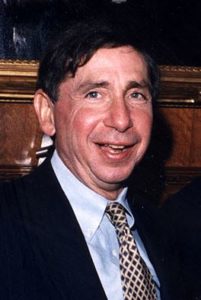
U.S. Trade Representative (1993-1996), Secretary of Commerce (1996-1997)
“One of the most important business decisions we have made is to focus on where the markets for our goods and services are growing the fastest, and that’s in some pretty surprising places beyond our shores. Indeed, if companies today are not investing in our less-traditional trading partners in the developing world, then they are missing out on an opportunity to grow.”
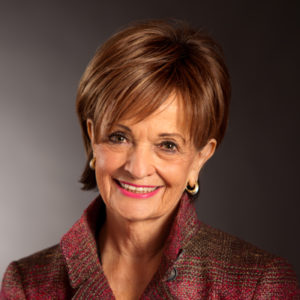
former Chairwoman and CEO, Carlson Companies, Inc.
“While companies have viewed the notion of “corporate responsibility” as simply a good thing to do, it’s now an essential, sustainable way of doing business. In essence, we can do well by doing good. And one of the best allies for business is our U.S. international affairs programs.”

former Chairwoman and CEO, Carlson Companies, Inc.
“When our country assists developing nations, we not only help improve the lives of their citizens, but also ensure American taxpayers continue to see a strong return on their international affairs investment. These smart investments spur economic reform, advance the rule of law and improve governance to give our businesses the solid footing needed to move into global markets. And they create quality jobs here at home.”

President & CEO of Land O’Lakes, Inc. and USGLC Board Member
“Exports are a critical component of any successful business strategy, and American businesses are able to participate in the global marketplace, in part, because of our work with international affairs agencies.”

President & CEO of Land O’Lakes, Inc. and USGLC Board Member
“We have seen first-hand how foreign assistance and leadership abroad saves lives and builds strong communities. This foundation also helps develop trade in emerging markets and creates jobs right here in the U.S.”
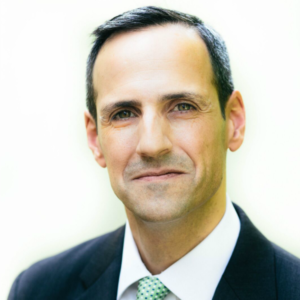
Director of Public Policy and Advocacy, Food for the Hungry
“American Foreign Assistance is really the hand of American friendship to the world—perhaps the most practical way to build positive relationships that promote peace and stability.”
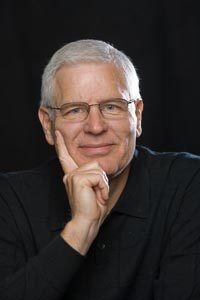
President, World Vision U.S.
“We know that from the research that if we lift up women and girls, you lift up families, you lift up communities, you lift up nations. We see it at the micro level. We know that, for instance, for every year additional year a girl is able to go to school, she will be able to earn twenty to twenty-five percent more in her lifetime. Imagine what that means coming back to her family, her capacity to educate her children. We know that this works.”

President and CEO, CARE
“Through strategic investments in foreign assistance, humanitarian and development programs strengthen America’s engagement abroad. By providing clean drinking water, reducing preventable diseases, and improving education, we help create healthy, prosperous, and safe communities where children can grow and thrive. This represents the best of America and is an issue that candidates can run on.”

President & CEO of Save the Children
“America’s diverse faith communities are united in their support for effective U.S. programs that feed the hungry, heal the sick, and meet other immediate and long-term human needs. We can’t cut back on the compassion, dignity, and leadership our country provides to fight extreme poverty across the world.”
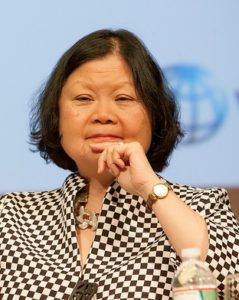
President and CEO, Catholic Relief Services
“With the continued threat of ISIS, the refugee crisis, and new challenges popping up everyday, it’s more important than ever for America to maintain a strong role in this world.”

Executive Director, Brick by Brick for Tanzania!
“We can be proud that American assistance over the years – from vaccines to food aid to shelter to clean water and sanitation programs – has saved millions of lives and improved living conditions for countless people around the world.”
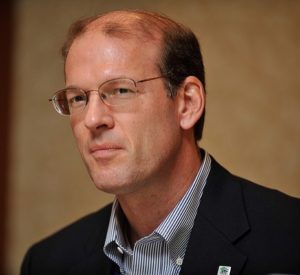
CEO, Habitat for Humanity
Get the latest news, advocacy, and event updates from the USGLC
Copyright 2024 USGLC | Privacy Policy
Notifications